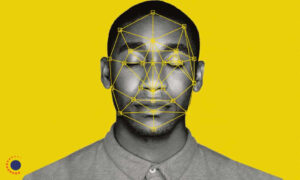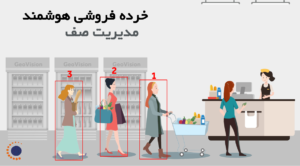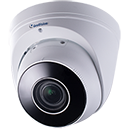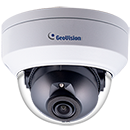
One of the most debated technologies in the security industry now is facial recognition. Concerns ranging from invasion of privacy to demographic bias have created deep divisions among people across the globe. Many governments have banned or restricted the use of facial recognition, and many more may follow suit.
In such a context, the National Institute of Standards and Technology (NIST) recently invited recommendations on how to increase public trust in facial recognition. After all, there really is no way for this technology to reach a meaningful role without public cooperation.
Industry players respond
Many industry players responded to this call with enthusiasm. NIST had also released a set of guidelines for the best use of AI in other areas and should take a similar approach for video surveillance. Earlier this year, the European Union had also brought in regulations on the use of AI, including strict safeguards on recruitment, credit scoring, critical infrastructure, and law enforcement algorithms.
Other leaders have voiced similar opinions. Concerns on facial recognition are not about the technology itself.
We need to reframe the question. It shouldn’t be why people don’t trust facial recognition. It should be why people don’t trust the authorities who use facial recognition or any other technology. We’ll give you a very simple example. We would argue that cars are an essential component of most organized crimes. Many organized criminal gangs would not be able to work without the use of motor vehicles. But nobody’s calling for the ban of motor vehicles.
The question then comes down not to facial recognition but to what it is being used for, who uses it, and who controls its use.
Why mistrust users of facial recognition?
Part of the problem is that there are many obvious cases where it is being used for not the best purposes in certain parts of the world. There is no denying that the technology does give unprecedented power to the users.
[For instance] People see certain ethnic minorities in certain parts of the world being suppressed by uses of this technology. There are authoritarian states where governments use it. And everybody thinks, well, that’s what our government wants to do.
Does the government really want to track you?
Some of the biggest privacy-related news that caused public outrage have included governments and private companies. The collection of personal data by Cambridge Analytica is an example.
While this may be dismissed off as a rare incident, there are enough conspiracy theories about how the police and government would like to always keep an eye on you. But is this really true?
We’ve worked very closely with a number of police organizations, and we can tell you that they don’t have any interest in who you’re seeing, who you’re having an affair with, where you are, where you’re going, etc. They don’t have enough time and resources to track the serious criminals, let alone keep tabs on everybody’s personal and private lives.
What can the industry do to increase public trust?
Security companies definitely have a major role to play in increasing public trust in facial recognition. This would include setting certain ethical standards at an organizational level and not getting involved in certain areas of business.
We don’t want to live in an authoritarian state. We don’t want to live in a country where my every move is being tracked by governments, businesses, or retailers. We don’t want to position the technology so that it can be used for that. What we need to do as an industry is make sure our businesses are ethically involved in areas of society where we can make positive changes and positively influence society in the direction that we want it to go.
But then the question is no longer about facial recognition. It becomes about the business and what the companies are doing.
We would not sell any technology to any organization that he knew would erode the privacy of everyday lives. So, from a business perspective, it is about clearly identifying how you want to add value to the world with your solutions.

Conclusion – the customer is ready. What about the public?
Facial recognition technology is not going to go away. Security customers realize its benefits, and many are keen to use it. But without better public trust, there is limited scope for its application.
But building this trust could just be a matter of time. There is often a mismatch between the pace at which technology advances and governments bring in regulations. Once strict rules are in place and enforced, it would be easier for the public to accept that the benefits of facial recognition outweigh the risks.
Adapted from a&s Magazine



































































